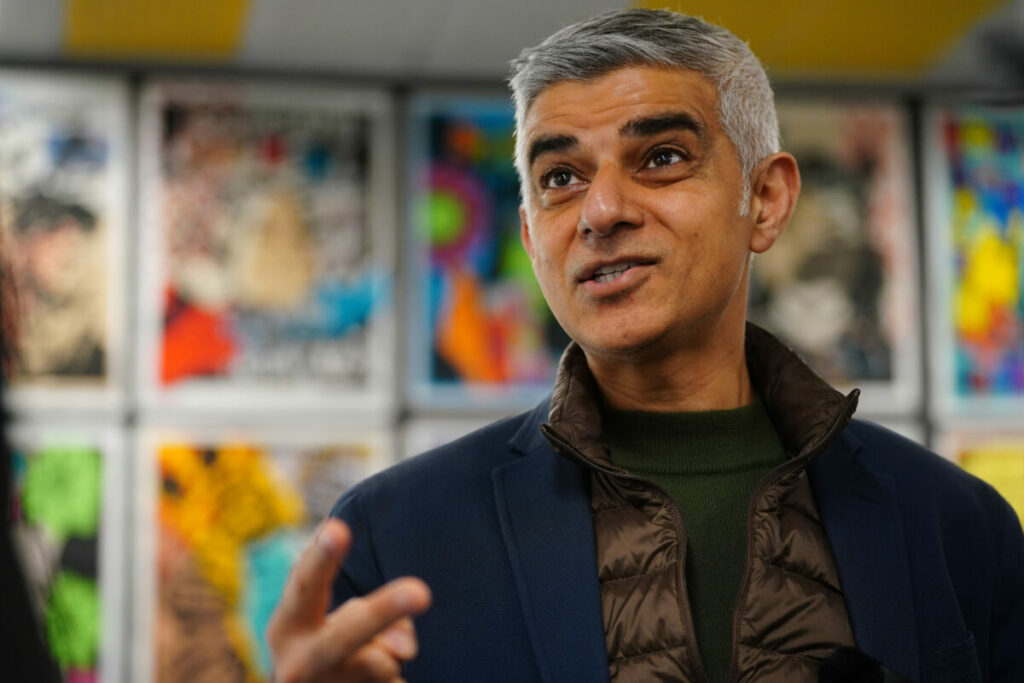The Church of England is investing £30 million into upgrading churches, cathedrals and schools, in order to help improve the efficiency of buildings in the hope of achieving net zero by 2030.
The plans will include energy audits so that buildings can become more efficient, as well as a pilot and evaluation fund which will help with trialling new zero carbon technologies, and a Quick Wins grant for small scale work like installing LED lighting or alternative heating solutions.
In addition, there will be technical and funding raising support for demonstrator churches to help inspire other churches to take up more efficiency measures.
The move comes after the Church dropped investment in fossil fuels, after many years of having shares tied up in Shell despite extensive calls from campaigners to reconsider.
The Church of England Pension Board also released a statement condemning the fossil fuel giant after it failed to align its emissions reduction goals with the Paris target to keep emissions below 1.5C above pre-industrial levels.
Subscribe to Sustainability Beat for free
Sign up here to get the latest sustainability news sent straight to your inbox each morning
“The ambition to be net zero by 2030 is at the core of the Church of England’s response to the climate crisis, to help safeguard God’s creation and achieve a just world,” said the Church of England lead Bishop for the Environment, the Bishop of Norwich, Graham Usher.
“Climate change is hitting the poorest people of the world hardest. We are already seeing the devastating effects of climate change and we must act now.”
“The Church is called to be a people of hope; to repent and live in harmony, to treasure God’s creation and to love our global neighbours”.
Net zero carbon programme director with the Church Commissioners Julian Atkins praised the announcement and said: “There will be more details on how dioceses and parishes can apply for support in the coming weeks and months – and what we learn during this phase will inform the future phases of our work.”















